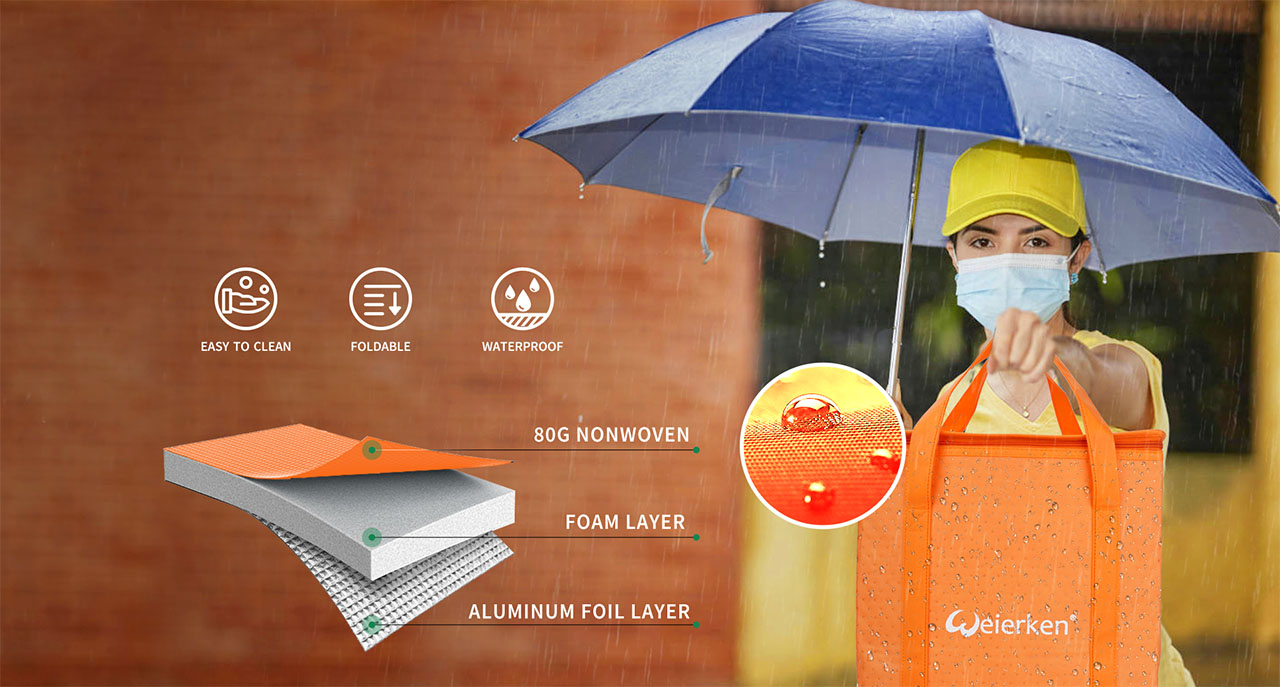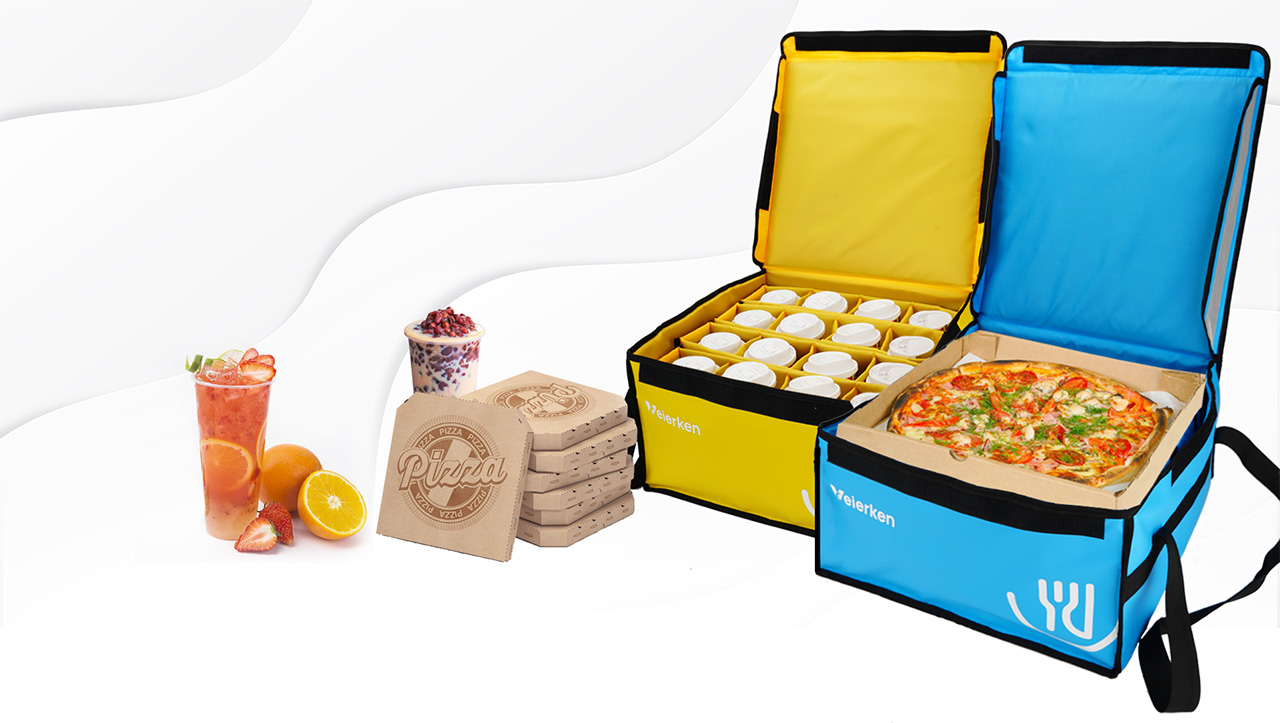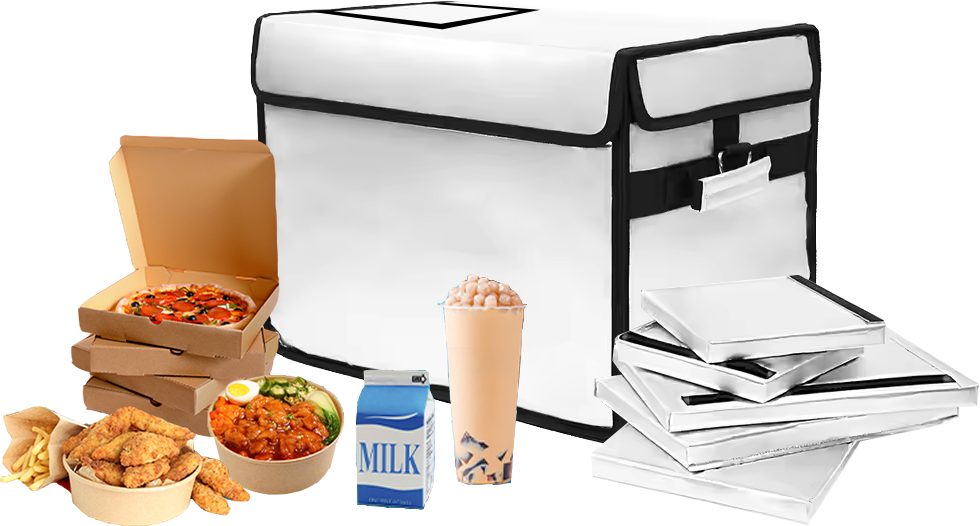In the competitive landscape of bulk sourcing for marine bags, procurement managers and brand customizers face unique challenges—from ensuring product durability in harsh environments to meeting tight deadlines for promotional campaigns or retail launches. This article dives into the core aspects of a successful marine bag bulk order, tailored specifically for B2B decision-makers. We’ll explore how partnering with a manufacturer like Weierken can streamline your supply chain, emphasizing practical insights over generic advice. If you’re responsible for sourcing, customization, or logistics, this guide aligns with your need for reliability, compliance, and value-driven partnerships.
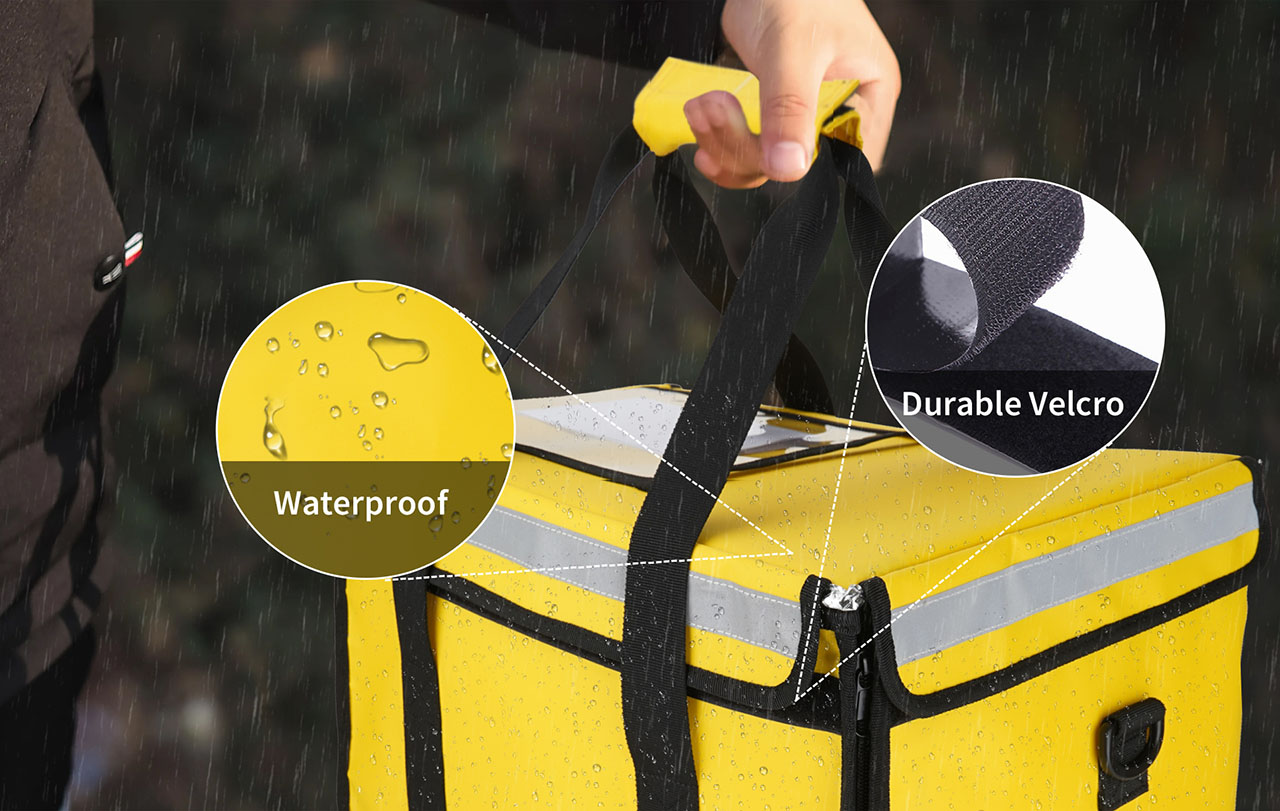
Research and Development Capabilities: Beyond Basic Production
For B2B clients, R&D isn’t just about designing a bag—it’s about creating solutions that address real-world pain points. Whether you’re supplying marine bags to tourism operators, retail chains, or corporate clients, a robust R&D process ensures your products stand up to saltwater exposure, UV radiation, and heavy usage. At Weierken, for instance, the R&D team collaborates closely with brands to translate market trends into functional designs, leveraging data on material performance and user behavior.
Market Research and Design Support
Procurement teams often struggle with aligning product specs with target audience needs. A manufacturer with strong market research capabilities can provide insights into color trends, compartment layouts (e.g., waterproof zippers for boat storage), and ergonomic features. For a marine bag bulk order, this might involve analyzing regional demand—like the need for anti-mold treatments in humid climates—and offering CAD-based design mock-ups to visualize custom logos or compartments.
Sampling and Iteration Process
Rushing into production without iterative sampling leads to costly revisions. A professional supplier should offer 2-3 sampling cycles, using techniques like high-frequency welding for seam strength and testing fabric tear resistance. Weierken’s approach includes providing physical prototypes within 10–15 days, allowing brands to assess handle durability, strap adjustments, and color fastness before mass production.
OEM and ODM Services
OEM (Original Equipment Manufacturing) suits clients with predefined designs, while ODM (Original Design Manufacturing) benefits those seeking turnkey solutions. In a marine bag bulk order, ODM services might include integrating RFID-blocking pockets for security-conscious clients or using lightweight, non-toxic materials for eco-brands. Weierken’s ODM team, for example, has developed bags with reinforced bottoms for rocky shorelines, demonstrating how customization drives value.
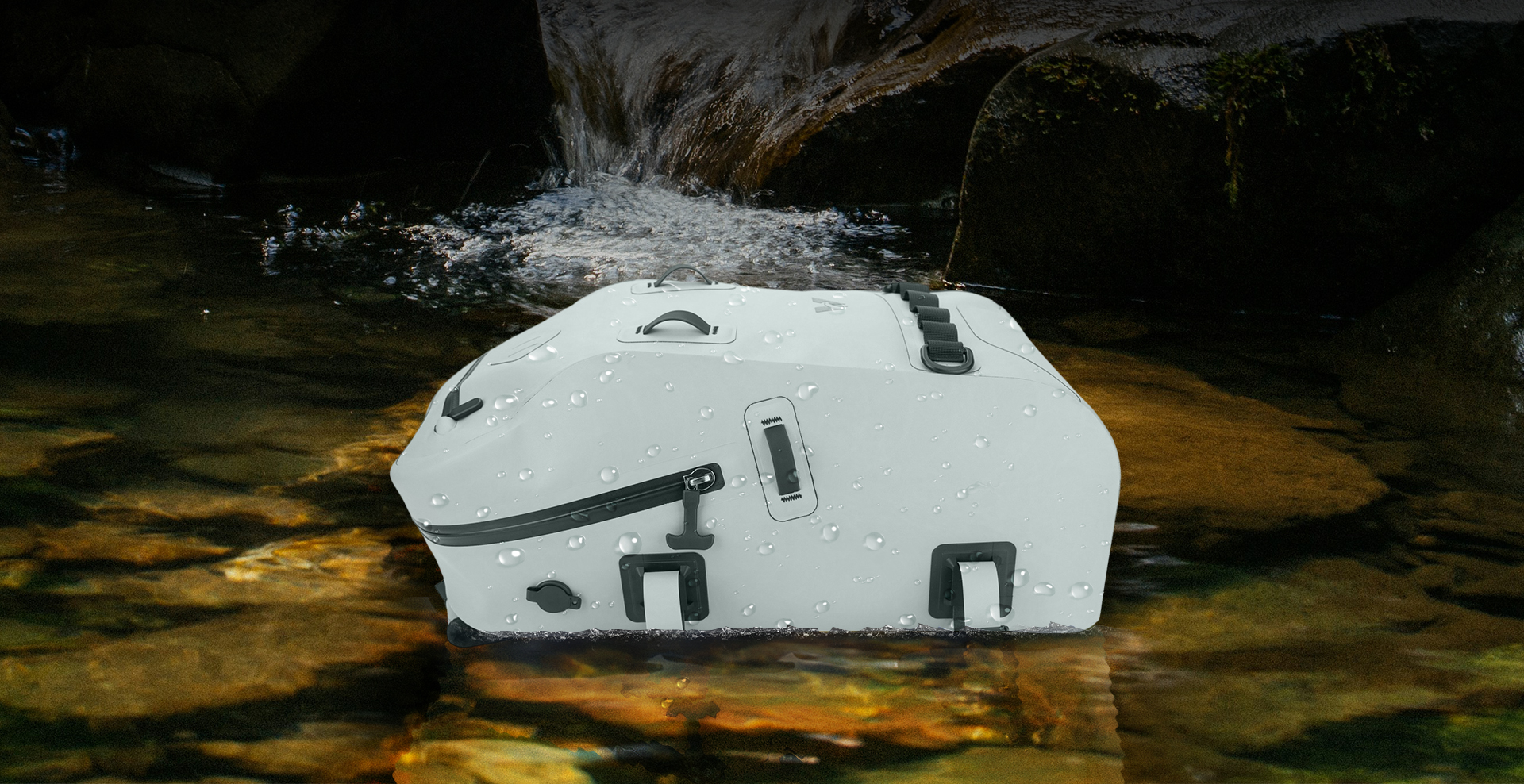
Environmental Compliance and Sustainability: Meeting Global Standards
With increasing regulatory pressure and consumer awareness, environmental compliance is non-negotiable. B2B buyers must verify that suppliers adhere to certifications like REACH, BSCI, and GRS to avoid shipment rejections or reputational damage.
RPET and Sustainable Materials
RPET (Recycled Polyethylene Terephthalate) is a game-changer for marine bag bulk orders, as it reduces plastic waste while maintaining water resistance. For instance, bags made from 600D RPET fabric can withstand marine conditions without compromising on sustainability. Weierken incorporates RPET in 40% of its marine bag lines, aligning with brands targeting ESG (Environmental, Social, and Governance) goals.
Key Certifications: REACH, BSCI, and GRS
- REACH: Ensures materials are free from hazardous substances like phthalates, critical for bags used in aquatic settings.
- BSCI: Audits social compliance, assuring ethical production—a priority for brands partnering with European retailers.
- GRS (Global Recycled Standard): Validates recycled content percentages, often required for eco-labeling.
Weierken maintains these certifications, providing audit reports to clients upon request.
Industry Trends and Compliance
Sustainable trends, such as biodegradable coatings and closed-loop recycling, are reshaping bulk order marine bags. Procurement teams should prioritize suppliers who track lifecycle assessments, as this impacts long-term supply chain resilience.
Lead Time and Capacity Management: Balancing Speed and Quality
Delays in marine bag bulk orders can disrupt marketing campaigns or peak-season sales. A transparent supplier outlines clear production timelines and contingency plans for rush orders.
Standard Delivery Cycles: 25–65 Days
Typical lead times range from 25 days for standard designs to 65 days for complex customizations. Factors like material sourcing (e.g., TPU laminates for waterproofing) and decoration methods (e.g., screen printing vs. laser etching) affect duration. Weierken’s average lead time of 30–50 days includes quality checks, such as salt spray testing for metal components.
Handling Peak-Season Replenishment
During holidays or tourism peaks, brands need quick restocks. Look for manufacturers with flexible capacity—Weierken, for example, reserves 15% of its production line for urgent bulk orders, leveraging modular workflows to reduce bottlenecks.
Quality Assurance and Certifications: Mitigating Risk
Certifications like ISO 9001 for quality management and FDA compliance for food-contact materials (e.g., cooler bags) are essential for B2B credibility. In marine bag bulk orders, ISO 14001 environmental management also matters for sustainability claims. Weierken’s BSCI certification further assures humane working conditions, reducing legal risks for brands.
Partnering for Success in Marine Bag Bulk Orders
A strategic approach to marine bag bulk orders hinges on aligning with a supplier that blends innovation with reliability. From R&D flexibility to certified compliance, these factors directly impact your bottom line. Weierken’s expertise in OEM/ODM services and sustainable practices positions it as a viable partner for procurement teams aiming to mitigate risks and capitalize on market opportunities. As you evaluate suppliers, prioritize those who transparently address these elements.
Frequently Asked Questions (FAQs)
Q1: What is the minimum order quantity (MOQ) for a marine bag bulk order?
A1: MOQs vary based on customization, but typical ranges start at 500–1,000 units for standard designs. For highly customized bags, MOQs may be higher to offset setup costs.
Q2: How do you ensure waterproofing in marine bags?
A2: We use techniques like heat-sealed seams, TPU-coated fabrics, and waterproof zippers. Each batch undergoes testing under simulated rain and splash conditions to meet IPX4–IPX6 standards.
Q3: Can you accommodate custom logos and branding?
A3: Yes, through methods like silk printing, embroidery, or patch applications. Design files are reviewed during sampling to ensure clarity and durability.
Q4: What sustainable materials are available for bulk orders?
A4: Options include RPET, organic cotton blends, and GRS-certified fabrics. We provide material datasheets to verify environmental claims.
Q5: How do you handle quality control during production?
A5: We implement AQL (Acceptable Quality Level) inspections at multiple stages—pre-production, in-process, and pre-shipment—checking for defects in stitching, hardware, and material consistency.
